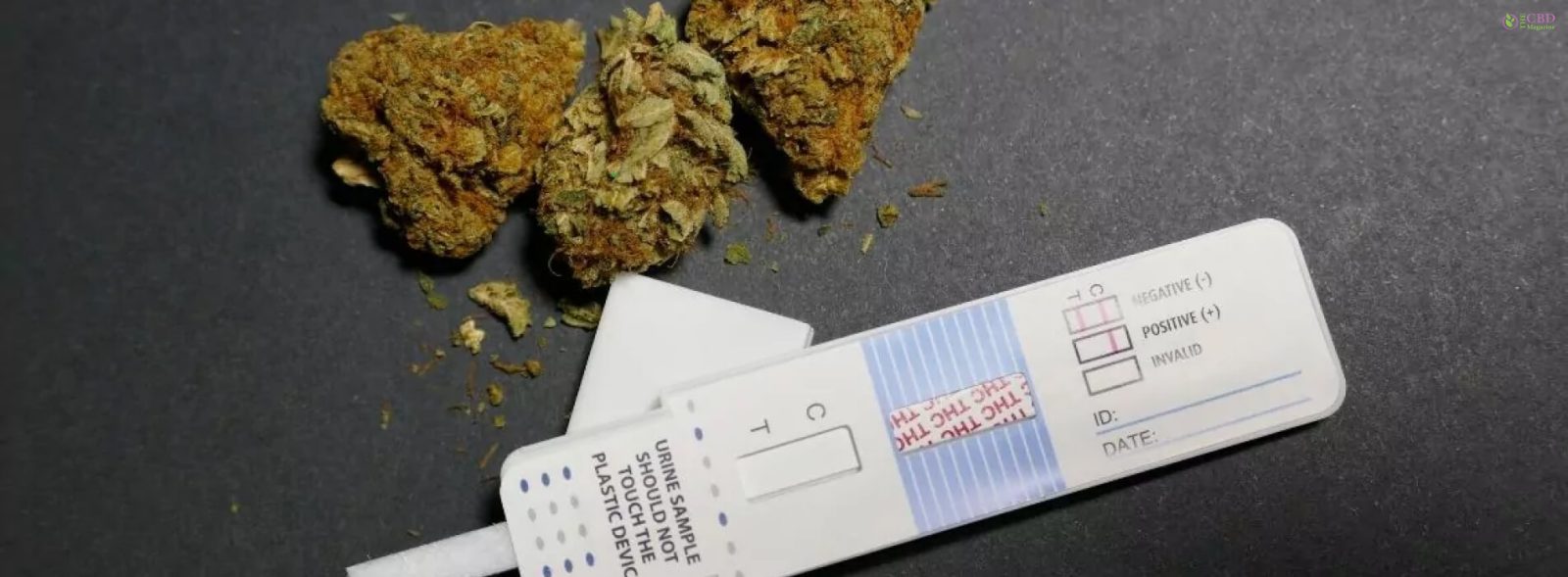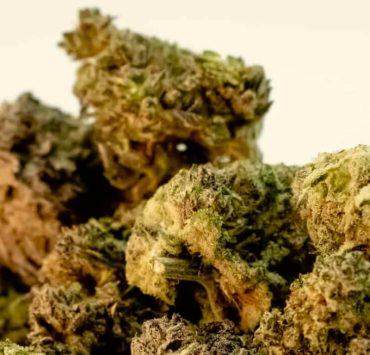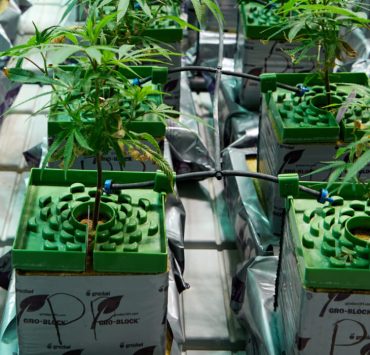HHC stands for Hexahydrocannabinol; it is a hydrogenated derivative of Tetrahydrocannabinol, also known as THC. This is a naturally occurring phytocannabinoid that has rarely been identified as a trace substance in Cannabis Sativa. However, it can be synthetically produced as well by hydrogenation of cannabis extract. One of the first scientists to do this was Roger Adams in the year 1947 in an attempt to study the substance.
Similar to THC, HHC is also a psychoactive substance. This means the effects shared by the substances are quite similar. Apart from its recreational purpose, it has medicinal properties as well. Scientists claim that HHC has properties that can treat lung and pancreatic cancer and also has the capability to work as an anti-tumor drug.
Even though it has medicinal properties, it still is seen as a taboo substance that has been banned by several governmental agencies like the French agency named, ‘Agence Nationale de sécurité du médicament et des produits de santé’ popularly known as ANSM. Furthermore, countries like Denmark, Belgium, Austria, and the United Kingdom, amongst many others, also banned the production and sale of HHC or other cannabis substances. Therefore, categorizing it under illegal substances.
Therefore, the biggest questions one might be asking are, ‘Does HHC show up on a drug test,’ ‘Does hhc show up on a drug test screen’ or, ‘Does hhc show up on a urine drug test’ while discussing HHC. This article is here to clear your doubts regarding that. Let us dive right in.
Does HHC Show Up On A Drug Test In 2023?
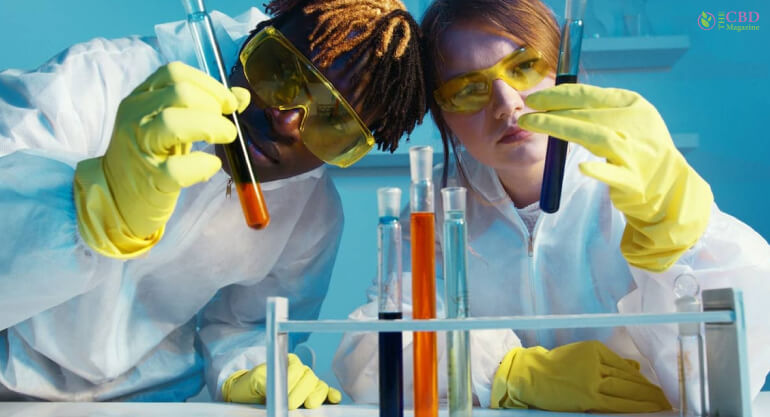
Even though the sugar-coated answer is ‘No,’ however, it is not always the case. There is always a possibility for you to fail a drug test if your body contains HHC in a significantly detectable amount. This can prove to be career-sabotaging, especially if you work in the public sector or any other organization where drug screenings are common.
The said tests are very efficient and can detect usage as far as three months back. However, these tests are not specifically looking for HHC usage. Rather, they are looking for THC substances in your bloodstream. Yet, given how the two substances are closely linked and share the same origin, HHC does show up on a drug test screen at times, along with other elevating cannabinoids.
How Do These Tests Work?
Primarily, drug tests actually look for metabolites. Metabolites are substances that are formed when a compound or food is broken down. These metabolites can stay in a person’s bloodstream for years. However, HHC and its metabolites are not extensively studied, unlike other cannabinoids. Since HHC share similarity with THC, scientists believe that the liver breaks it down similarly to THC.
In a study conducted recently, it was found that ‘liver microsomes from small rodents metabolized HHC molecules similarly to THC and produced a minor active metabolite.’ The metabolites produced in the case of THC was 11-hydroxy-THC; meanwhile, in the case of HHC, it was 11-hydroxy-HHC. Therefore, as you can see, the metabolites are quite close but not similar; thus, it should give you an idea about the wiggle room you have during such drug screening.
Another scenario you need to factor in is that, at times, HHC products do contain THC as well. Some brands deliberately make a formula consisting of different cannabinoids for a unique effect. This might complicate things further. One solution to this complication is that you should only buy HHC products from reputable brands only. These brands go the extra mile to make things easier for the consumers by listing all the cannabinoids used and the concentration that they were used. It would certainly help you to make more informed decisions. Some of these brands I personally prefer include Exhale Wellness, BudPop, NOCAPHEMP, Hempire Gardens, etc.
How Long Does HHC Stay In Your System?
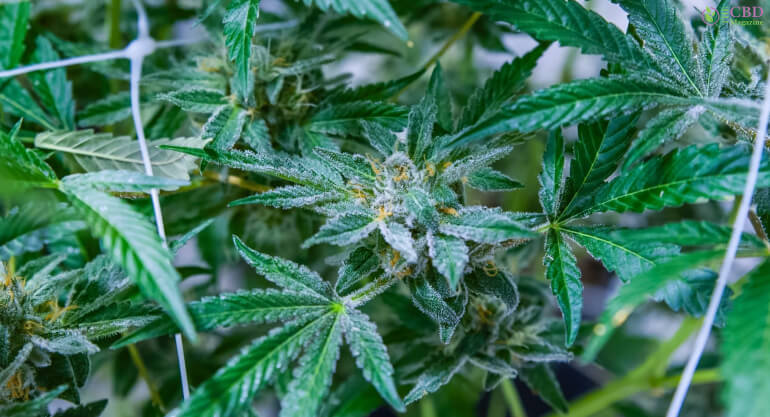
One of the biggest concerns of HHC consumers is how long it stays detectable in the bloodstream of a user. There is not a single answer to this question, and this depends upon a number of reasons. Apparently, HHC can remain detectable in your system from 1 to 30 days. Again it boils down to the question, does HHC show up on a drug test during this time? Let’s see.
- Frequency: One of the foremost factors that can influence the test is the frequency of your consumption. The more you consume, the more metabolites are left in your bloodstream. The metabolites are stored in the form of fat-soluble. Therefore, these metabolites are not easy to expel and can stay longer in your system.
- Metabolism and Age: Metabolism rate can vary amongst individuals of different ages. A 23-year-old guy would have a faster metabolism than a 33-year-old guy. This influences the rate at which the body flushes out the metabolites from the system, which creates a domino effect again.
- Method of consumption: Consumption of HHC in the form of edibles like gummies would likely to stay in the system than consuming it via vape pens.
- Concentration: Like frequency, the amount of HHC you are consuming also plays a key role. Therefore, products with higher concentration stays around longer.
Therefore, the answer to the question, ‘does HHC show up on a drug test’ is definitely not an easy one. Although, having proper knowledge about the substance would certainly help your case. The optimal reaction, therefore should be to ration your consumption before any sort of screening to avoid trouble. However, working out and maintaining a healthy lifestyle while maintaining a detox period for some time would certainly dilute the amount of HHC contents that are present in the bloodstream.
Epilogue:
On a final note, the internet is divided. One group would claim that HHC would not show up on a drug screening. Meanwhile, another group would have a different opinion. It seems nobody have an answer whether does HHC show up on a drug test or not. Therefore, in such a case, we believe that you should consider avoiding it altogether before any screening.
Additional Reading:






